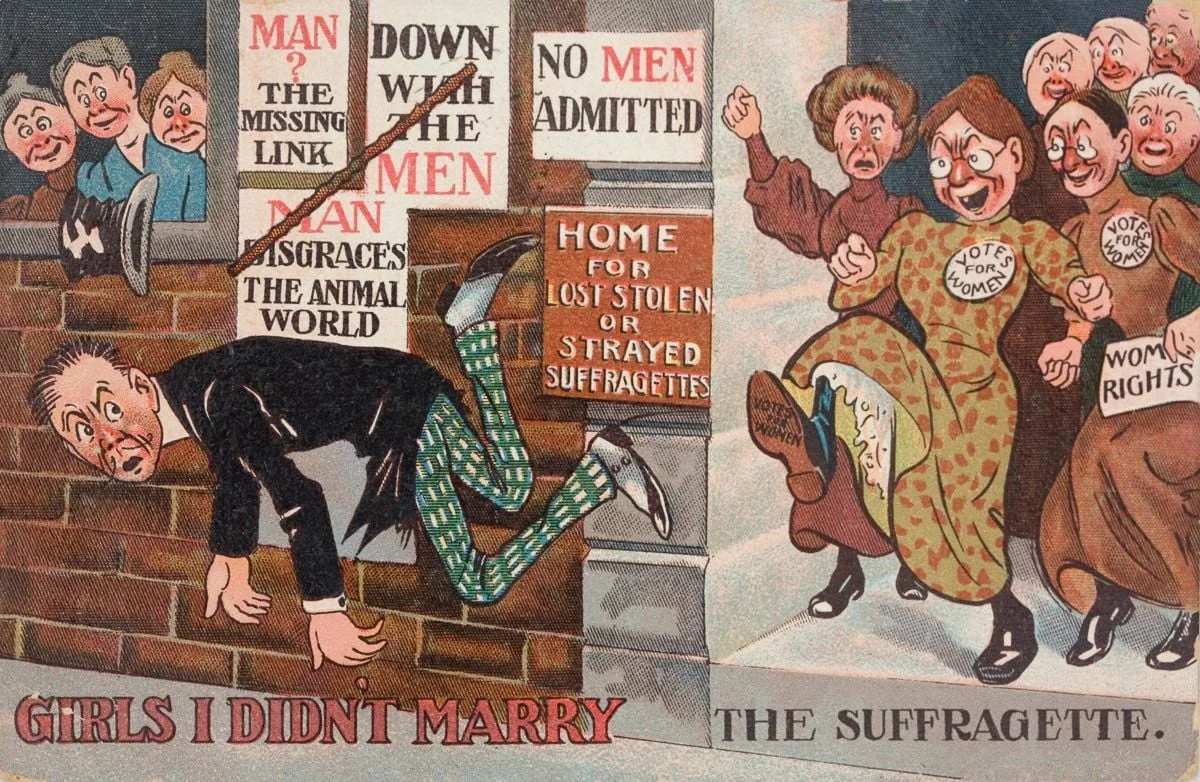

you should filter out irrelevant details like names before any evaluation step
Unfortunately, doing this can make things worse. It’s not a simple problem to solve, but you are generally on the right track. A good example of how it’s more than just names, is how orchestras screen applicants - when they play a piece they do so behind a curtain so you can’t see the gender of the individual. But the obfuscation doesn’t stop there - they also ensure the female applicants don’t wear shoes with heels (something that makes a distinct sound) and they even have someone stand on stage and step loudly to mask their footsteps/gait. It’s that second level of thinking which is needed to actually obscure gender from AI, and the more complex a data set the more difficult it is to obscure that.






















They’re certainly less touchable because they mostly exist outside of normal spaces - private drivers, private planes, curating who’s at events, etc. They’re not untouchable so much as it’s too much annoyance/effort to deal with them. I mean, hell, the very idea of a hired assassin is basically entirely made up by Hollywood. The military assassinates people all the time during war and coups on foreign soil (albeit a lot less than they used to) and civil disrupt in the homeland, but that’s because they have the backing of a government to protect them. There are some rare targeted instances of sabotage (Havana syndrome may be a modern version of that) but those are also suspected to be tied to government. Any overt assassinations in another first world country, even if backed by a strong military, would likely be considered tantamount to a declaration of war, and I cannot imagine a situation in which it would not be difficult to figure out that another country was behind it.